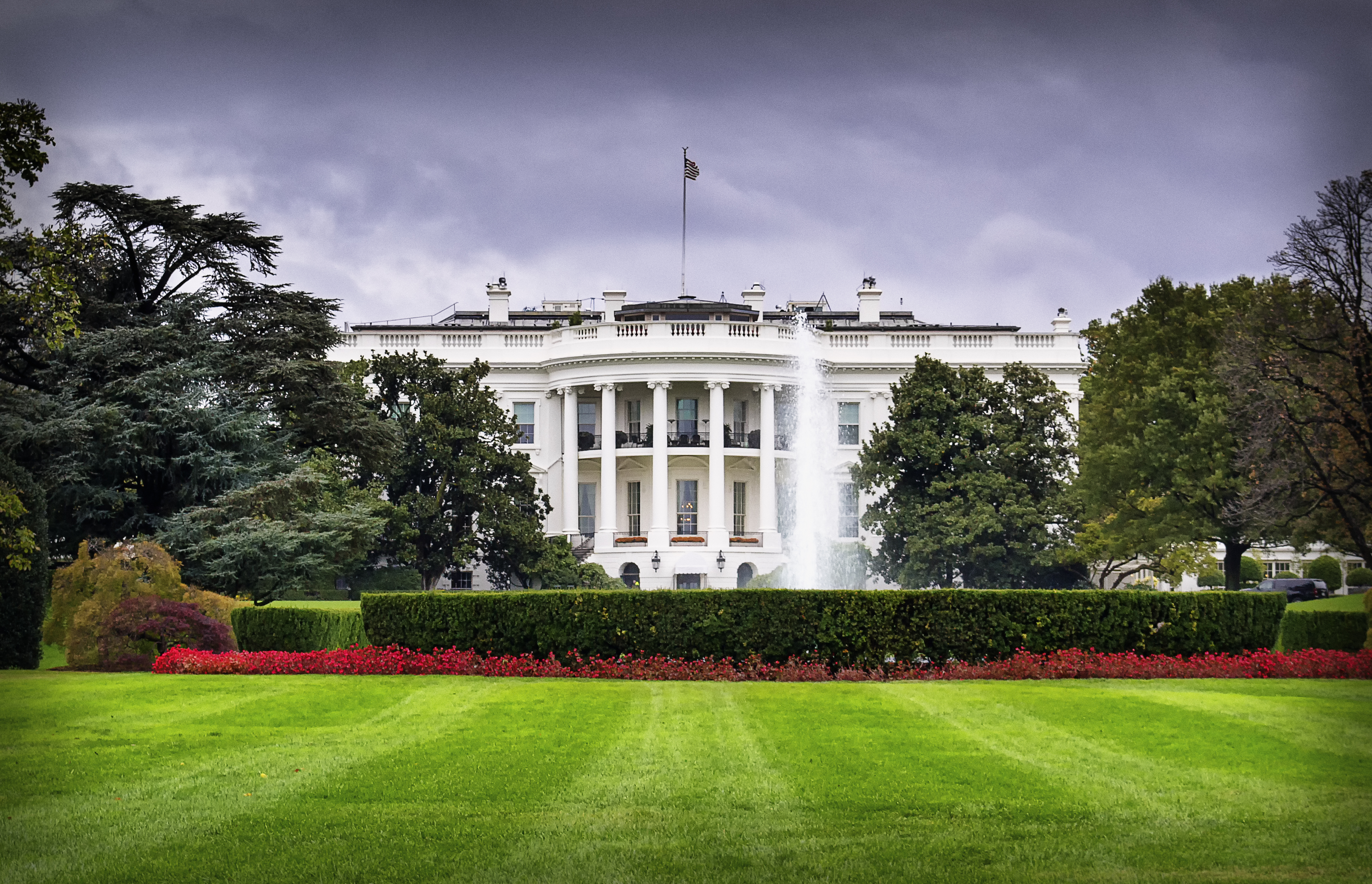Despite the presidential political fervor of the last few months, one thing has been surprisingly absent from the spotlight: politicians.
It’s no secret that Americans don’t love politicians. Americans are dissatisfied with the political process, fed up with dysfunction, and put off by polarization. The most recent Rasmussen Reports national telephone survey found that only nine percent of likely voters rate Congress as doing a good or excellent job — 63 percent rate our current Congress poorly. One might expect that such extreme distaste for the American political system would result in apathy — that disdain would translate into lack of participation. But instead, Americans are doing just the opposite. CNN’s GOP debate drew 23.1 million viewers, making it the most-viewed program in the history of the network. It might just be the unusually dramatic tendencies of the candidates involved, but this election cycle is reinvigorating a typically disinterested Republican voting base.
Rather than simply ignoring the seemingly ceaseless onslaught of political noise, disenchanted voters are cutting through a system they have deemed ineffective by turning out in droves for candidates who are new to the political scene. It’s nothing unusual to have one or two ‘outsider’ candidates in any given political cycle, but, for the most part, even those candidates have experience in the public service arena. However, what we’re seeing emerge in the fight for the Republican nomination is something else entirely.
The three candidates in the Republican party with the most momentum and public support — Trump, Carson and Fiorina — also happen to be the only three candidates in the race who have never before served in public office, elected or otherwise. Regardless of the personal and professional merits these candidates bring to the table, their domination of seasoned, political counterparts is largely due to voters’ desire to express their discontent with the existing political system. It’s not hard to understand the appeal of an outsider candidate; their lack of experience in Washington means they also lack the political allegiances and obligations that accompany political work, freeing them from the perceptions of corruption and back-door dealing often associated with Washington insiders. But this distaste is not a new phenomenon by any means, so why has 2016 become the vortex of non-politicians?
For candidates like Trump, whose name-recognition was already high, this provided him the platform to vault into the comfortably unprecedented lead that he now enjoys. Trump’s brash attitude and callous rhetoric is exactly the break from political correctness that scores of voters have been waiting for, and his unapologetic approach to campaigning has made his potential for success completely unpredictable. Carson, while less of a showman, has also been touting his outsider credentials. His medical and scientific background purport to give him credibility on matters like global climate change, vaccinations, and abortion — all of which carry great weight in the Republican Party. Fiorina, for her part, is leaning heavily on her history in business. Although Fiorina has actually dabbled in politics in the past (she ran an unsuccessful Senate campaign in 2010, losing decidedly to Barbara Boxer), she has completely erased her party establishment ties from the resume she presents to voters. Like Carson and Trump, she has realized that the ‘outsider’ label might be essential to success. And the success is holding; all together, the three Republican frontrunners have accumulated 50.8 percent of voters’ support, with 23.2 percent going to Trump, 17.2 percent to Carson, and 10.4 percent to Fiorina.
Why is this strategy working? On surface level, it’s a strange one — there aren’t many jobs for which inexperience is a qualification. But in this context, it has many advantages. For Trump and Fiorina, it allows them to emphasize their success in business and translate that into a positive message about something at the front of many voters’ minds: the economy. All three non-politicians on the Republican side are also protected from attacks on past policy positions, while their opponents with voting records suffer attacks on their credibility. Without voting records, Carson and Fiorina are practically immune from substantive criticism of their past opinions on important legislation: Though, Fiorina hasn’t entirely escaped attacks on her rocky leadership as CEO of Hewlett-Packard. Trump, though also lacking a voting record, has had a harder time escaping the public eye on his positions about healthcare and abortion. Nonetheless, this lack of direct political experience has noticeably shifted the tone of the first two Republican debates, the most recent of which was particularly lacking in substantial discussion of policy.
It’s hard to say how long this trend will last, especially considering Trump’s continuing, prediction-defying success. Despite America’s love affair with the anti-establishment maverick, a majority of registered voters (across all parties) still say they would rather have a president with political experience than an outsider. With the exception of the 1964 pick of Goldwater to be the Republican nominee, and maybe the 1980 pick of Reagan over Bush, an establishment candidate has always won the Republican Party nomination. And since non-politicians tend to attract people who aren’t usually politically active (such as Trump), it’s difficult to maintain engagement, especially to facilitate voter registration. The passionate support that propels candidates like Trump, Fiorina and Carson to the front is built on the fiery dissatisfaction of voters who, almost by definition, lack established organization. This kind of grassroots network may be widespread, but it’s often shallow and easy to uproot.
In the next few months, voters and candidates alike will start deciding if political ability is an asset or a liability. The political maelstrom in which the candidates find themselves has created an atmosphere just polarized and volatile enough to allow an idea as outlandish as a Trump nomination — or a Carson or Fiorina nomination — to be a viable reality. The qualifications for the White House may be changing in some voters’ minds: inexperience required.
Photo: Diego Cambiaso
